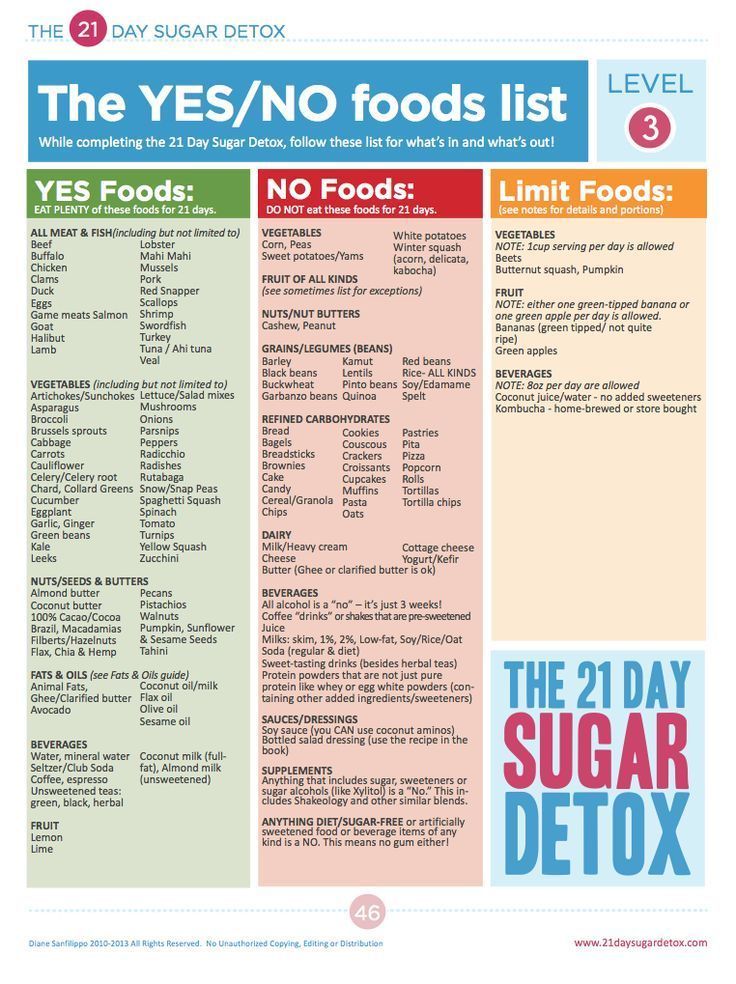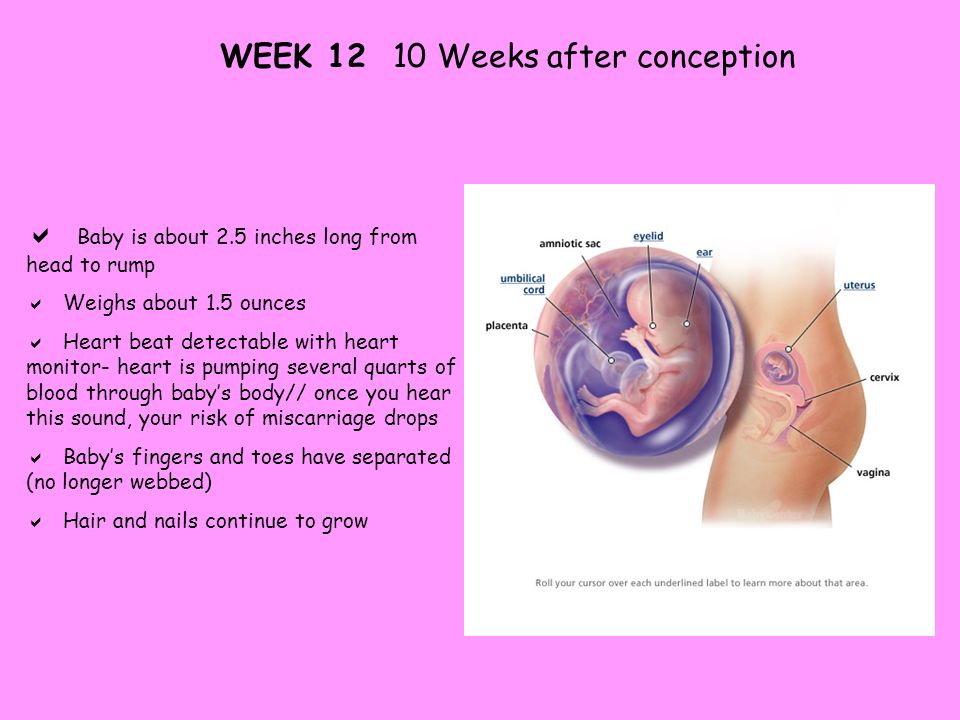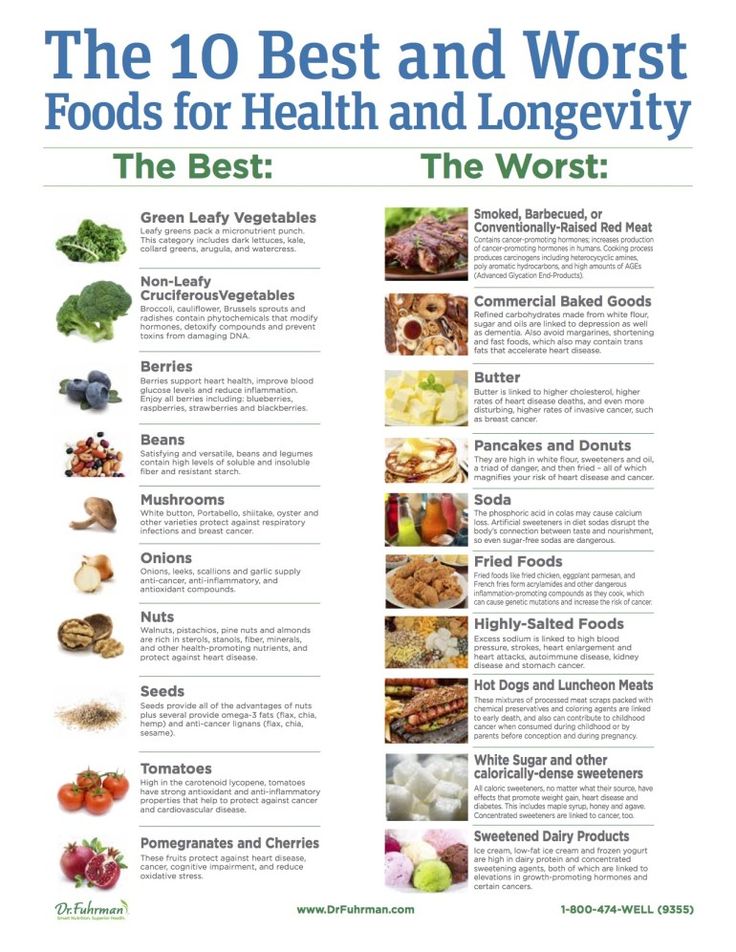How much kefir should a child drink per day
4 Amazing Benefits of Milk Kefir for Children
Do Children Need Probiotics?
With so much hype around probiotics these days, many parents wonder: “Does my child need to have probiotics? To know the answer, ask yourself the following questions:
Has my child:
· Been born through Cesaerean section?
· Been bottle fed as a baby?
· Got a tendency to catch infections?
· Been treated with antibiotics recently?
· Got food allergies?
· Got dental problems?
If you answer “Yes” to one or more of these questions, then yes, your child definitely does need to incorporate probiotics in his or her diet! But there are so many in the market. So which one do you choose?
Milk Kefir for KidsKefir is a fermented milk drink that has a history of over 2000 years. It originated in the region of Caucasus, EasternEurope and Russia, from where it has spread to many parts of the world. Today, because of its tremendous health benefits, it has become a desirable food to include in the diet in any part of the globe. Kefir can safely be consumed by people of all ages. In Ukraine and Russia it is traditionally given even to very young babies, because it is so easily digestible and so nutritious and helps to build their immune system, especially those babies, who for some reason have not been breast fed by their mothers.
Kefir can be prepared from cow’s, sheep’s, goat’s or any other mammal milk. It is made from a specific starter culture popularly known as “Kefir grains”. These are not grains in the true sense of the word, but a symbiotic combination of bacteria and yeasts (S.C.O.B.Y.), that show up as small, gelatinous masses, somewhat like miniature cauliflower florets. The milk is inoculated with the kefir grains and after about 24 hours they are removed, leaving behind a fermented, sometimes bubbly, tart drink that is kefir. The kefir grains are reused again and again, and as they feed on the lactose in the milk, they grow and multiply.
1. A potent probiotic food
Kefir is a powerful probiotic unlike any other.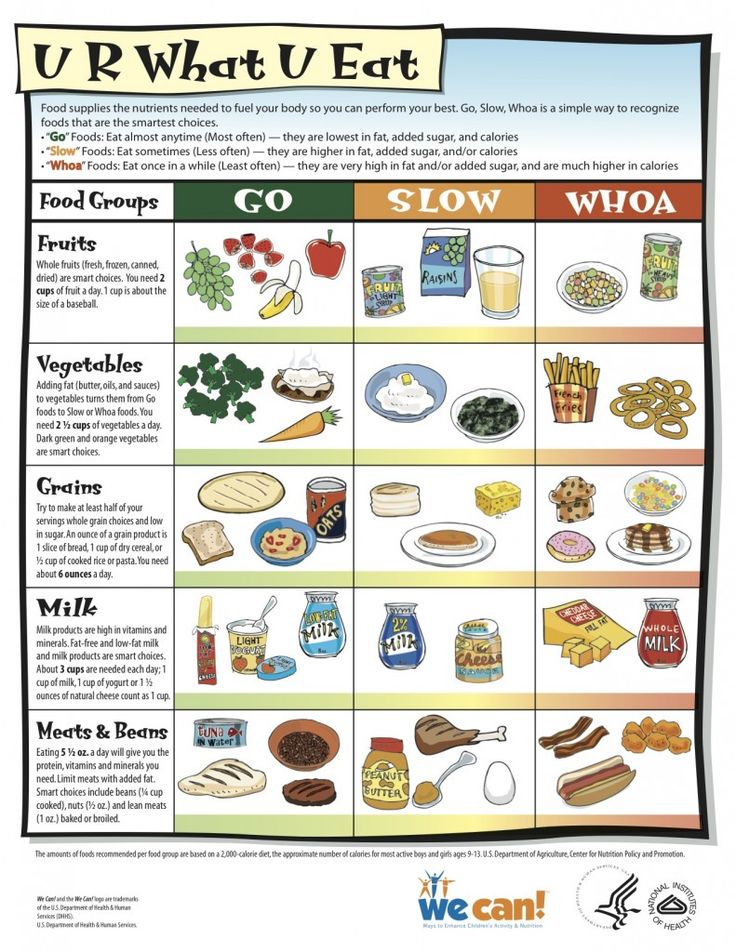 It contains a large number and variety of different microorganisms, making it a much more potent source of probiotics than other fermented dairy products like yogurt. Whereas yogurt or curd (dahi) have just one or two strains of lactic acid bacteria, Kefir has generally between 30 to 50 (sometimes more) different strains of bacteria and beneficial yeasts! Moreover, the microbes in Kefir are resistant to gastric acid, and so find their way alive into the small and large intestines, where they are needed to do their beneficial work of setting up colonies, helping with digestion, cleaning and maintaining the intestinal wall (to prevent undigested food particles from escaping into the blood stream and creating auto immune reactions and food allergies), fighting the ‘bad’ bacteria and so protecting against infections and carrying out toxins from the body.
It contains a large number and variety of different microorganisms, making it a much more potent source of probiotics than other fermented dairy products like yogurt. Whereas yogurt or curd (dahi) have just one or two strains of lactic acid bacteria, Kefir has generally between 30 to 50 (sometimes more) different strains of bacteria and beneficial yeasts! Moreover, the microbes in Kefir are resistant to gastric acid, and so find their way alive into the small and large intestines, where they are needed to do their beneficial work of setting up colonies, helping with digestion, cleaning and maintaining the intestinal wall (to prevent undigested food particles from escaping into the blood stream and creating auto immune reactions and food allergies), fighting the ‘bad’ bacteria and so protecting against infections and carrying out toxins from the body.
2. Helps with digestive problems
Probiotics like Kefir help in restoring the balance of friendly bacteria in the gut that is damaged by excessive use of antibiotics and bad food habits. They alleviate many digestive problems like diarrhoea, bloating and gas. They help to improve various digestive diseases like Irritable Bowel Syndrome (IBS), ulcers caused by H.Pylori infection and many other conditions.
They alleviate many digestive problems like diarrhoea, bloating and gas. They help to improve various digestive diseases like Irritable Bowel Syndrome (IBS), ulcers caused by H.Pylori infection and many other conditions.
3. Builds strong bones and teeth
Kefir is a rich source of calcium, protein and B-vitamins and a wide variety of bioactive compounds such as organic acids and peptides that are very beneficial to healthy growth. In addition to calcium, vitamin D3 and magnesium, Kefir made from whole milk also contains vitamin K2, which aids in the absorption of calcium in bone cells, which is very essential for growing children, as well as it works to strengthen teeth and prevent tooth decay.
4. Helps resist infections
Hygiene is sometimes difficult to monitor in children. They touch everything, play in dirt, put things in their mouths without washing their hands and generally ingest more bacteria in the course of the day than careful adults. There are certain microorganisms in Kefir that make it a very potent antibacterial food.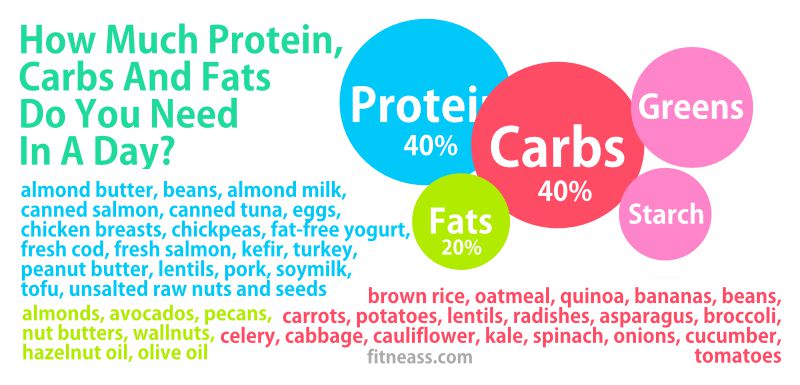 The probiotic Lactobacillus Kefiri is unique to Kefir and has been demonstrated to inhibit the growth of harmful bacteria such as Salmonella, E.coli and Helicobacter Pylori. Kefir contains another antibacterial substance called Kefiran, which is a kind of carbohydrate found only in Kefir. Children who have kefir in their diet regularly tend to build stronger immune systems and fall sick less often.
The probiotic Lactobacillus Kefiri is unique to Kefir and has been demonstrated to inhibit the growth of harmful bacteria such as Salmonella, E.coli and Helicobacter Pylori. Kefir contains another antibacterial substance called Kefiran, which is a kind of carbohydrate found only in Kefir. Children who have kefir in their diet regularly tend to build stronger immune systems and fall sick less often.
Kefir has a taste that some people love, but others don’t care for much. And taste is something very important when it comes to getting children to eat anything healthy! If your child likes the taste, that’s great news! But if not, there is a lot you can do to make it palatable, so that they will eat it. Mix it with raw honey and use it as a dressing for a fruit salad. Blend with banana, guava or figs – all high in soluble fibre (prebiotics) that feeds the probiotic microbes – to make a delicious smoothie. Or strain through muslin to drain the whey and mix with natural salt and herbs to make a delicious dip for vegetables like carrots, cucumber, radish, zucchini and bell peppers cut into sticks or cubes.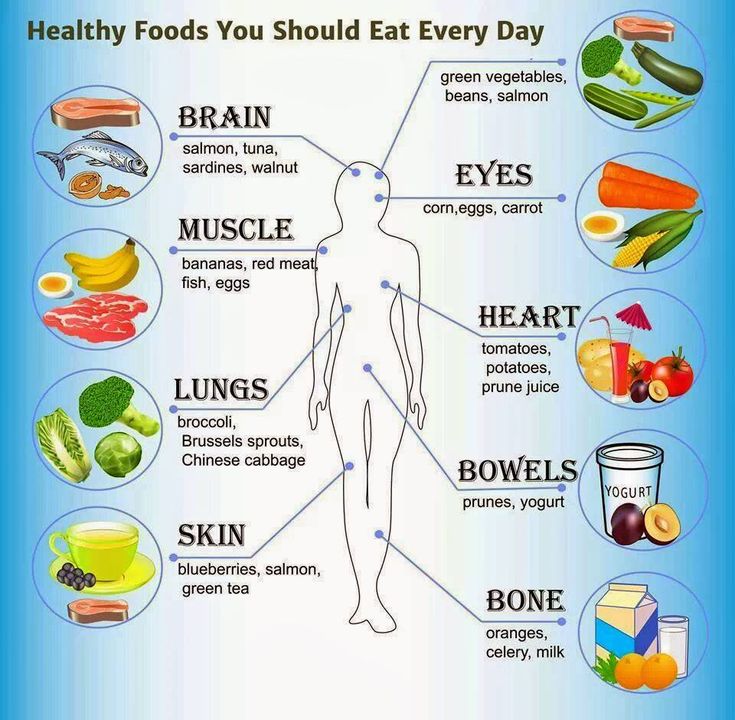 A healthy snack that also contains prebiotics that will feed the probiotics in their gut and keep them thriving! You can even add salt, water and spices to make a refreshing buttermilk to cool them down when they come in hot and sweaty from play. And remember to get them in the habit to drink plenty of water, so that their livers and kidneys can flush out all the toxins that the microbes have collected on their way!
A healthy snack that also contains prebiotics that will feed the probiotics in their gut and keep them thriving! You can even add salt, water and spices to make a refreshing buttermilk to cool them down when they come in hot and sweaty from play. And remember to get them in the habit to drink plenty of water, so that their livers and kidneys can flush out all the toxins that the microbes have collected on their way!
The benefits of Kefir can be enjoyed by all ages of people, from babies 6 months old to grandparents in their late years. People who fall sick rarely, whether young or old, have higher levels of energy, have stronger bodies and tend to enjoy life more, are more cheerful, more creative and more productive. There is no good reason to live a lesser life, is there?
How much kefir should I drink each day?
September 10, 2019
Probably the biggest question asked from people starting out is - how much kefir should I drink each day?
The short answer is to drink as much as it feels right for your body. Easier said then done though right?
Easier said then done though right?
As adults, most of us are raised to ignore body cues. The things we crave are usually sugary or fatty things. To make things even more confusing, what about the effects of detoxing? We are told that feeling discomfort is good and needed in order to feel better. Does that apply to kefir?
Or if you are simply looking for a magic starting number then around 1 cup per day (or a little more for water kefir) is a rough average, but more on that later on.
Kefir is a natural food, highly nutritious and soothingMany people think of kefir as medicine and want to know what the correct dosage is for optimal health. I've heard back from many people over the years telling me how much kefir has helped them, so even though it has healing properties, its still a food. A natural food with no manufactured ingredients, extra sugar, fake sugars or MSG's that can trick your body. Your body is quite capable of knowing how much is right for you if you listen.
If you like bananas, you know what its like to crave one, but usually no more than one. That 2nd banana just feels too much. Kefir is like that.
You are on the right track if you crave kefir like you would a cup full of yogurt or your favorite natural fruit.
If you look at the jar of kefir and cringe like its some horrible medicine that you have to endure, then something is not right. Either the kefir is not balanced right or you are drinking too much for your body.
For some people, it may come as a shock but kefir should always be pleasant even to people not used to drinking kefir. If it's not pleasant, then its not optimally balanced or its over-fermented. I've seen very picky young kids drink a well-balanced kefir for the first time and they love it. That's how it should be when done right. Some people want to over ferment in order to squeeze as much health benefits out of it. I believe it should be enjoyable and pleasant first and that will ultimately give you the greatest health benefit overall.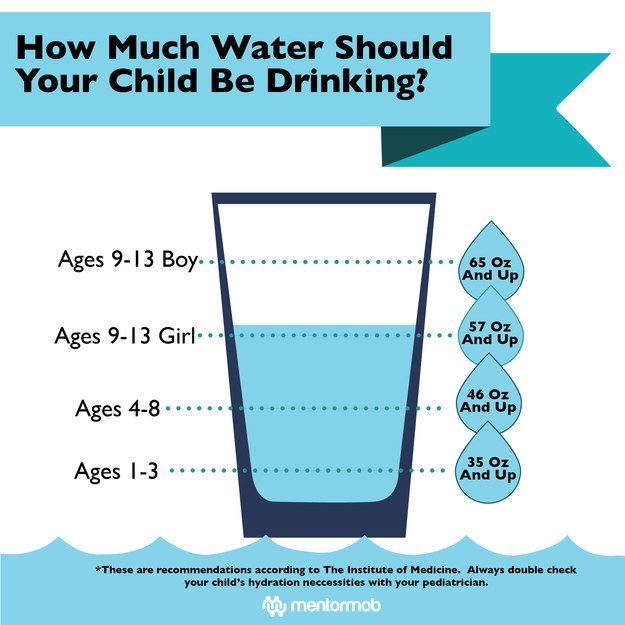
Most people generally do not have any negative symptoms when drinking kefir. But it is fairly common to have minor symptoms when starting out, especially if you have a sensitive digestion. I was in that category when starting out.
The most common symptom of drinking kefir is bloating, gas or some kind of stomach discomfort that's temporary. Kefir typically has a peristalsis effect that causes digestive movement. However, sometimes, especially if you drink too much, the acids can slow down digestive movement. The result can be more bloating or gas starting out until you body adapts. It should be minor discomfort. If its significant, stop or cut way back until you feel better and then slowly increase from there if it feels right to you.
If you get a significant reaction from drinking kefir, you may be reacting to the yeasts, lactose, probiotics or acids within the kefir.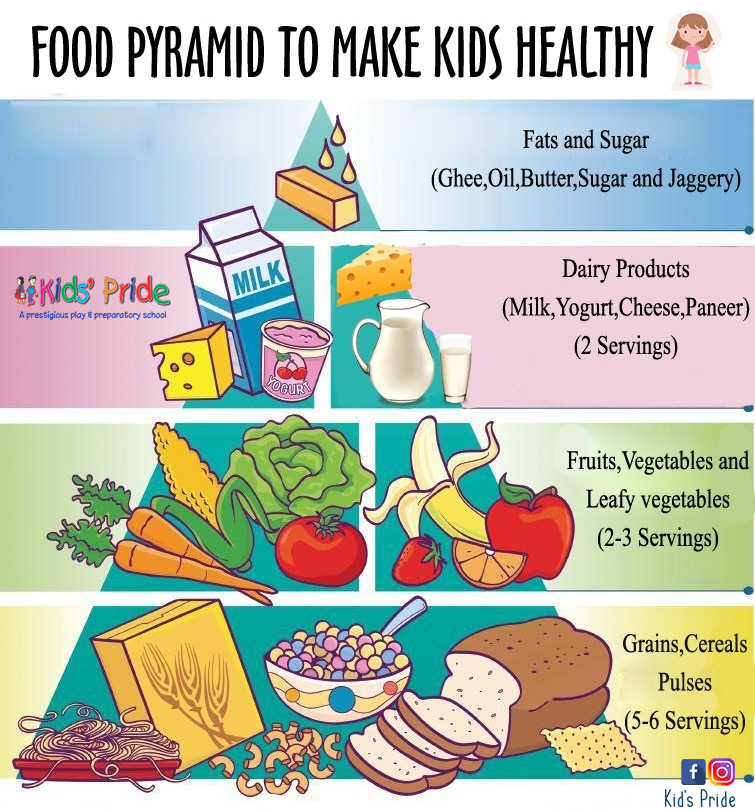
Yeast gets a bad name sometimes, but it can be as much a probiotic as the bacteria. Kefir is not just yeast, its a healthy balance between the bacteria and yeast. For some people that balance helps people with yeast issues as we have heard back from people. However, everyone is different and some people have trouble tolerating even small amounts of yeast. We've known people with yeast issues that report back that kefir helps them, but everyone is different.
Kefir does have lactose, but its usually less than yogurt. If you can handle yogurt okay, you should be fine with kefir.
Sometimes the probiotics itself is causing issues. If you have significant gut lining issues or a bad case of leaky gut, then the bacteria and yeast might get through the lining. At that point, it doesn't matter to the body the it's considered good bacteria, the body will still react to any bacteria or yeast that gets through the lining. It's usually more than just bloating or stomach discomfort, its more of a feeling of unwell, sick or inflamed.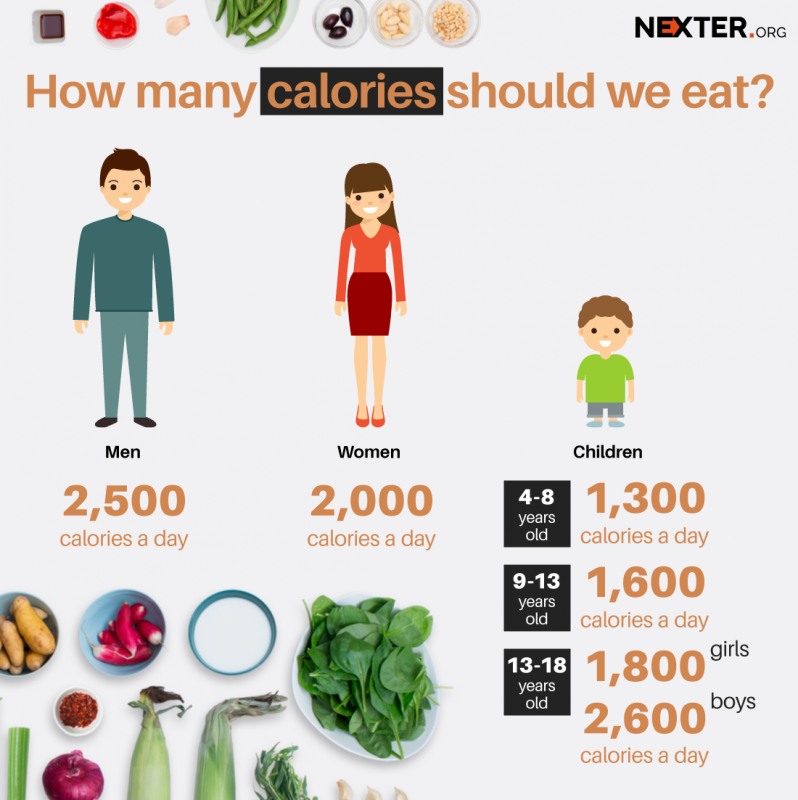
If you know or highly suspect leaky gut, then we recommend healing the gut at least to some degree before drinking too much kefir.
Some people with SIBO may have issues as well as there is already an overgrowth of bacteria and adding more can cause more issues.
What about detoxing or herxheimer reactions?Detoxing or 'herxheimer' is when the body is basically cleaning house or healing and getting rid of all sorts of bad bacteria, yeast, fungi, etc. The process can be overwhelming and cause symptoms that make you feel sick. Kefir has many detoxifying properties, but overall it should be a rather gentle process and temporary. Usually much gentler than kombucha. It has more soothing nourishing type qualities.
Some people may feel a little flushed or feverish starting out and that's usually okay, but if it's too intense, you may be reacting to something and its best to take a step back and indulge more slowly.
At some point I'm going to put up a poll and get an official average number, but it seems like the unofficial range is about 1/2 cup to 2 cups per day. This comes from the customer feedback, forum discussion and our own personal observations. The magic number for milk kefir seems to be about 1 cup or a little more. I have heard back from a couple people who drink up to around 4 cups per day, which seems like quite a lot for milk kefir. We don't know of anyone who drinks more than that.
This comes from the customer feedback, forum discussion and our own personal observations. The magic number for milk kefir seems to be about 1 cup or a little more. I have heard back from a couple people who drink up to around 4 cups per day, which seems like quite a lot for milk kefir. We don't know of anyone who drinks more than that.
Water kefir and ginger beer plant tend to be more mild (especially water kefir), so drinking a larger quantity is more common. The range seems to be about 1-4 cups with 1-2 cups being the most common. It's also more common to drink up to 4 cups, but probably not much more than that.
What about kombucha?Homemade kombucha can be quite potent, especially due to the very low pH. Consuming that much acid content can be difficult for some. The FDA says only 4 ounces per day is safe. Due to its acidity and detoxifying properties, drinking less is recommended. Probably around 1/2 cup (or a little more if you are used to it) each day.
Probably around 1/2 cup (or a little more if you are used to it) each day.
Store bought kombucha is a bit different. It's a weaker version of the homemade kind, so consuming more of it should not be an issue.
Bottom LineThe amount of kefir you should drink ultimately depends on the individual. Kefir is a natural nutritious food, so it's okay to trust yourself to know how much to drink. Just like eating one banana usually sounds great, but that 2nd banana usually does not for most people. Kefir is like that, you will crave it in small quantities, typically around 1 cup per day. The average is around 1/2 cup to 2 cups per day. Water kefir is more mild, so people tend to drink a little more each day.
Kefir is soothing nutritious food and not primarily a detox food. So if you have significant symptoms, it may be something you are sensitive to. It's recommended to cut way back and then slowly increase only if it feels good to you.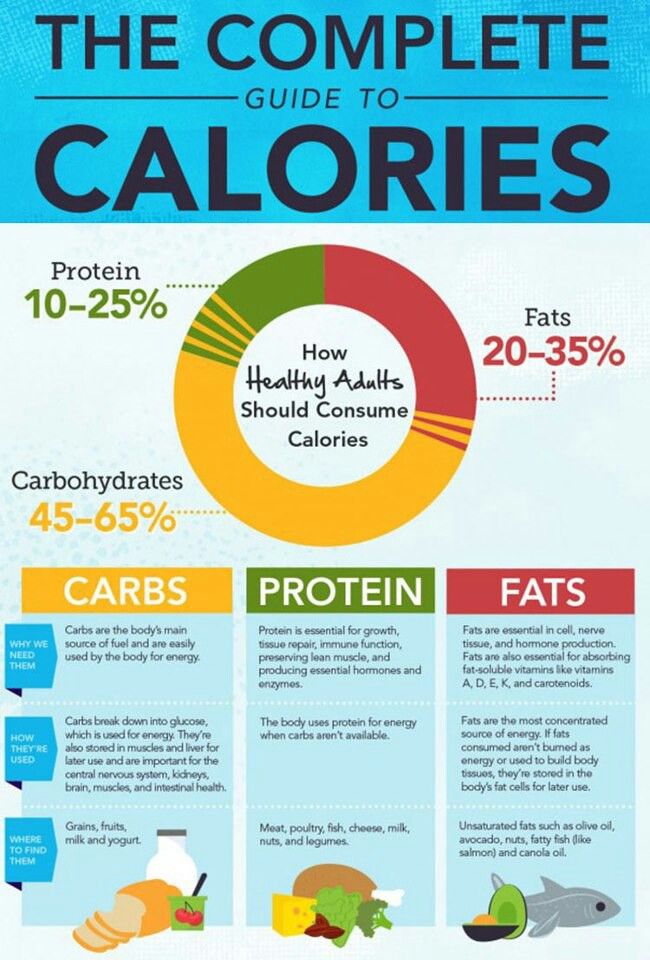
How much kefir do you drink each day?
Is it possible for children to have kefir? - how much and when can you start giving yogurt to your child
05/12/2020 37900
Contents of the article
- Why are fermented milk products (CMP) better than milk?
- At what age can kefir be given to a child?
- When is yogurt not allowed for a child?
- What kind of kefir to give to children?
- Why is adult kefir not suitable?
Kefir children can and should. It contains components useful for the child *, **, ***:
- squirrels,
- milk fat,
- calcium and phosphorus,
- vitamins A, B1, B2, B12,
- probiotics and prebiotics.
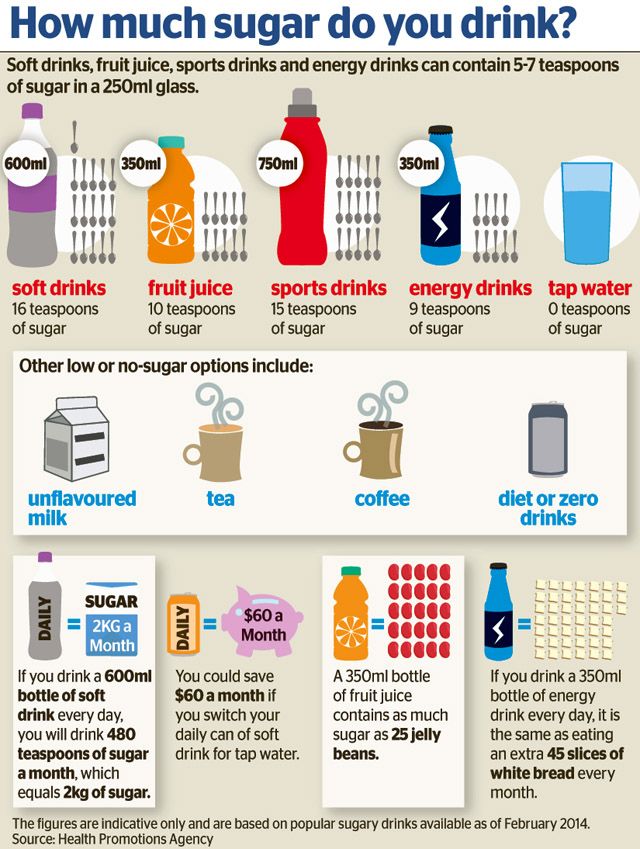
Probiotics are beneficial microorganisms that come from food. They help fight harmful microbes and help digest food**.
Prebiotics are substances that stimulate the proper functioning of the intestines and its inhabitants. They are formed when the microbes of the starter are digested in the milk**.
Why are fermented milk products (CMP) better than milk?
They are easier to digest and cause fewer unpleasant reactions*.
Why?
Microorganisms in the CMP and the fermentation process that they start are useful: they break down milk proteins a little.
Such a fermented protein in the CMP is more easily processed in the intestines of the baby and is more fully absorbed. In addition, milk protein, "cut" into pieces, rarely causes allergies.
Milk sugar (lactose) is also broken down by live probiotics to lactic acid. Lactic acid inhibits harmful microbes in the gut. A low lactose product suitable for children who cannot digest it *, **.
At what age can yogurt be given to a child?
Kefir is added to complementary foods when the baby is 8 months old***.
As with other new foods, give your child a small amount first - 1 teaspoon. If allergy does not appear: rash, itching, diarrhea, shortness of breath - by 9 months, increase the amount of kefir to 200 ml per day. Give kefir for an afternoon snack alternately with other KMP * (biolact, or children's yogurt). They replace each other: the main thing here is that the baby is tasty.
Offer yogurt at night to children who want a snack before bed*.
How much kefir is enough for children up to a year and older - see the tables:
Table 1. Total amount of fermented milk products per day * in the first year.
| 8 months | 9-12 months |
| 0→200 ml | 200 ml |
From the age of 1, the amount of cottage cheese increases in the child’s diet and cheese is added, so the amount of kefir is as follows:
| 12-18 months | 18-36 months |
| 150-180 ml | 150-180 ml |
A child prone to constipation may be given up to 200 ml of CMP
per day from 12 months.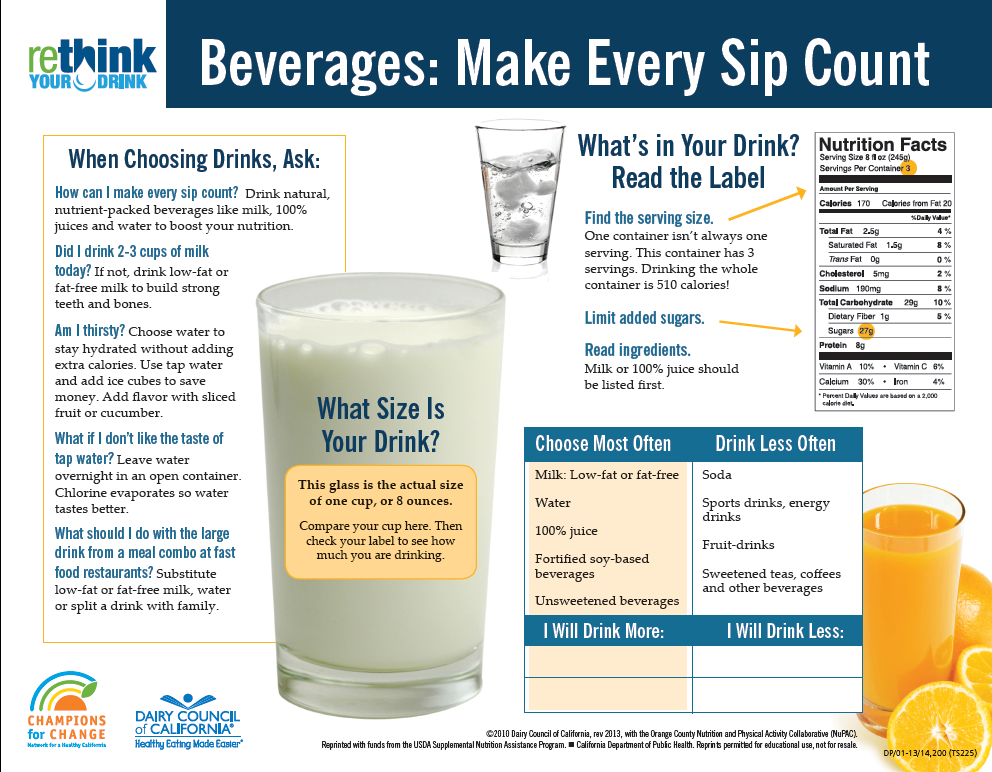
When is yogurt not allowed for a child?
When there is a pronounced allergy to cow's milk protein. It is determined by observations and confirmed by analyzes if suspicions arise.
Your child is probably allergic to dairy products if you notice the following symptoms after drinking kefir****:
- Regurgitation, vomiting, constipation, colic, blood in the stool or shortness of breath. With shortness of breath, call a doctor immediately.
- A child scratches the skin around his mouth after drinking kefir.
- Dairy products in complementary foods consistently cause diarrhea, weight gain has clearly decreased.
What kind of kefir to give to children?
Kefir for children under 3 years old - only marked "for nutrition of young children", prepared at a dairy plant. Choose a manufacturer that you consider conscientious.
Industrial production conditions mean that only beneficial microbes will be in kefir.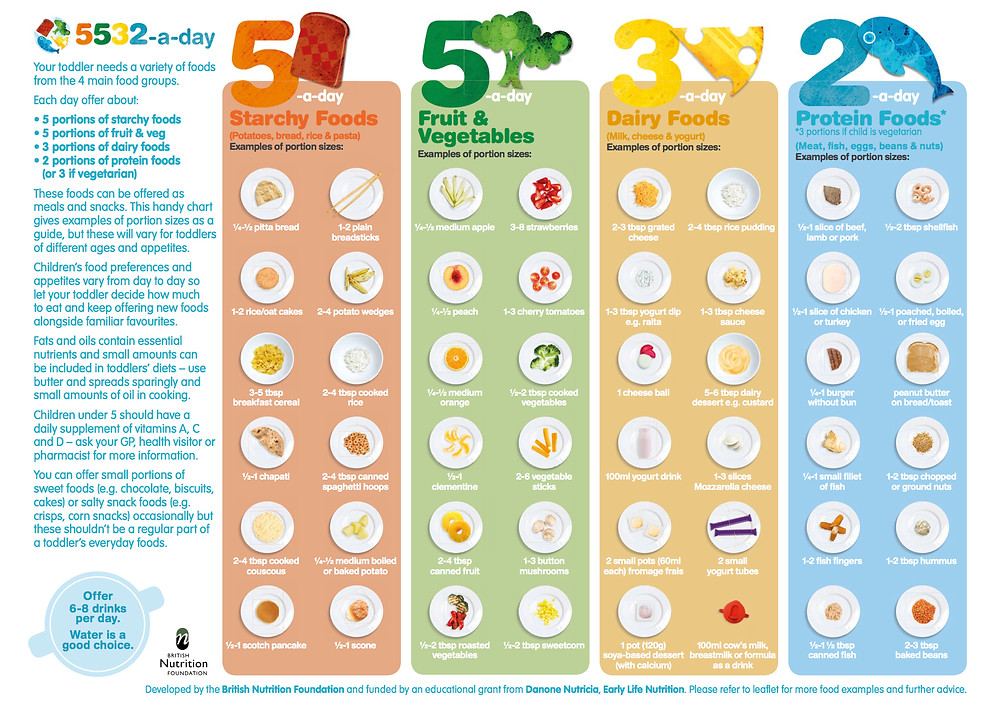 Dangerous bacteria in baby food will cost the plant dearly.
Dangerous bacteria in baby food will cost the plant dearly.
At home, “wild” microbes from the air can get into the product, even if you use a special starter*.
Why is adult kefir not suitable?
Kefir for children is made from the highest quality milk and a starter that is definitely safe for babies. Children's and adult kefir are different products.
Thus, kefir is one of the best products for young children without allergies to milk protein. Drink kefir with your baby: it is also useful for you, and he will like to be like a mother.
Sources:
* http://pediatr-russia.ru/sites/default/files/nacprog(2019).pdf
** https://cyberleninka.ru/article/n/kislomolochnye–produkty–v–pitanii–detey–rannego–vozrasta/viewer
*** https://cyberleninka.ru/article/n/primenenie-kislomolochnyh-produktov-v-pitanii-detey-opyt-i-perspek...
**** Allergy to cow's milk proteins in children. Clinical recommendations of the Union of Pediatricians of Russia, 2018
(1 ratings; article rating 5.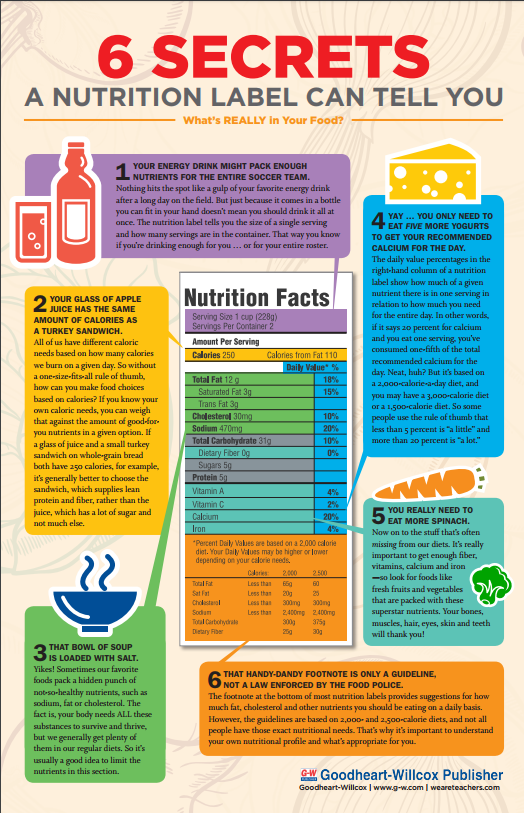 0)
0)
how to introduce complementary foods for the first time, what to choose, how much and when to give
From birth, the parents of the baby try to give him only the best: clothes, toys, food. Young mothers pay special attention to the nutrition of their children, because healthy food is the key to the future health of the child.
The most important nutrients the baby receives, of course, from breast milk. But as soon as the child is 6 months old, then it is already necessary to introduce food of animal and vegetable origin. This process is not fast, as the child needs time to get used to new products.
While food is more or less clear, drinking raises many questions. Mothers, as a rule, begin to carefully study what a child can drink and what not. After 6 months, the baby should already be given simple water in small quantities, compotes, special children's teas. This raises questions about dairy products. This article will focus on kefir.
Kefir is famous for its unique beneficial properties, and it would seem that there should be no disputes about its use.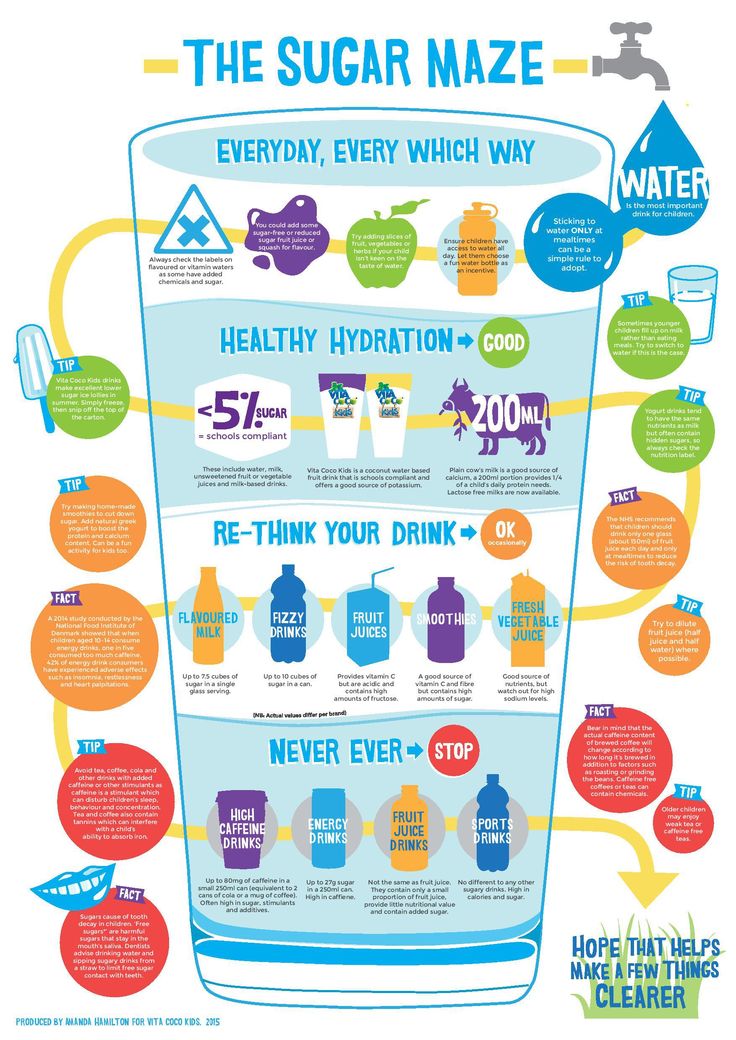 But everything useful can be harmful in large quantities. And if it concerns the health of the child, then this issue must be taken seriously.
But everything useful can be harmful in large quantities. And if it concerns the health of the child, then this issue must be taken seriously.
Is it possible to use kefir in complementary foods for babies and is it harmful? We will talk about this in our article.
RELATED ARTICLES
When can I start giving?
Few people know that kefir is translated from the Caucasian language as health "kef". And Caucasians, in turn, are famous for their good health and longevity. This fermented milk drink is really useful for both adults and children.
Here is a small list of its useful properties:
- Restores intestinal microflora;
- Works to strengthen your immunity;
- Protein in kefir is digested better than in milk;
- Increases appetite;
- Contains beneficial vitamins and rich in calcium.
Kefir is a fermented milk product obtained by fermenting milk.
For kefir, skimmed milk is most often used. A drink such as kefir is useful due to its lactic acid bacteria. Most often, in the first place, it is recommended to introduce it into the first complementary foods earlier than milk.
The fact is that such a drink is most easily absorbed by babies. You can also sweeten kefir with fresh berries and fruits. Children under one year of age need to introduce kefir gradually. So, if the baby is on artificial feeding, then kefir can be introduced from 7 months, and if breastfeeding, then from 8 months.
You can enter a teaspoon per day, each time slightly increasing the dose. By the year, the child can already be given about 200 ml of kefir per day. But do not forget that kefir contains calcium, so if the temechko overgrows at a rapid pace, then it is better to postpone the introduction after a year.
There are many opinions of pediatricians and nutritionists whether it is possible to give yogurt to a child under one year of age.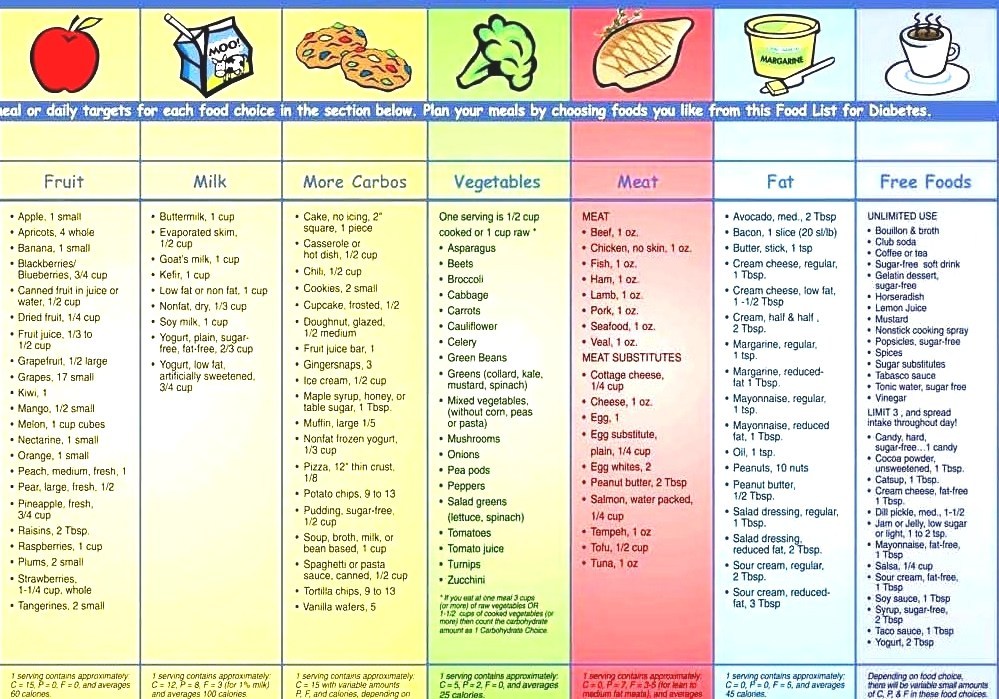 For example, Dr. Komarovsky recommends driving from 8 months.
For example, Dr. Komarovsky recommends driving from 8 months.
And dietitian Kira Sukhilova, on the contrary, asks to refrain from drinking for up to a year, as she believes that the child's stomach is not strong enough and will be able to process lactose, which can cause an allergy to this product.
If you follow the opinion of the pediatrician Komarovsky, then by 9–10 months the baby can be given 100 ml of a fermented milk drink per day, and by the age of 200 ml per day. It is not worth increasing the dose, since the kidneys in children will not be able to cope with such an amount. Portions can be increased from the age of three.
How to introduce complementary foods?
- Kefir should be given in the morning;
- First you need to offer one teaspoon of yogurt. If the drink does not cause any allergic reactions and the child likes the taste, then by the year it is fashionable to increase the dose to 150-200 ml per day;
- Do not let children drink kefir cold, warm it up slightly;
- Buy kefir with a minimum percentage of fat content;
- Never add sugar to kefir.
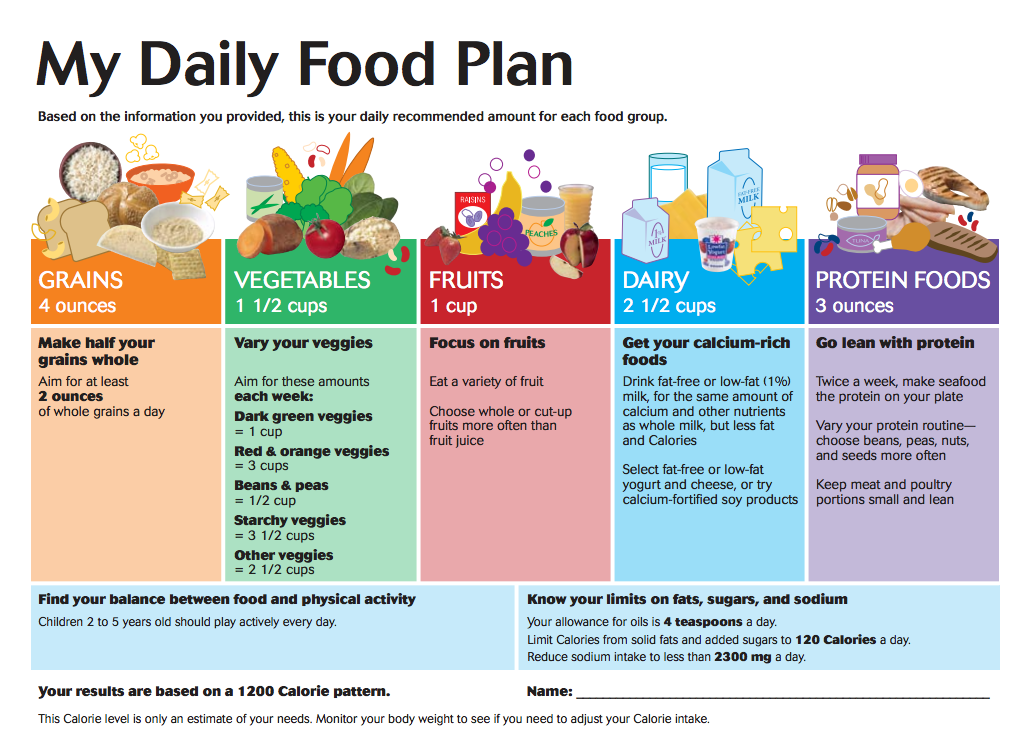 To remove the sour taste, you can add sweet berries, fruit puree or baby biscuits.
To remove the sour taste, you can add sweet berries, fruit puree or baby biscuits.
How much can you give?
The maximum serving of yogurt for a child from one to three years old is 200 ml per day. You need to introduce gradually from 7 months, starting with a teaspoon. For a week, the portion increases to 100 ml. Kefir should be drunk from a spoon or from a mug, it is impossible to give from a bottle. Also, cookies or a piece of fruit go well with kefir. It is worth eating in the morning, best of all for an afternoon snack.
If the child suffers from anemia, then it is better to start using kefir after a year. And if the baby does not like the taste of a fermented milk drink, then you do not need to force him to drink, there are many alternative products.
How to choose the right one?
Currently, the store has a huge selection of yogurt from a variety of manufacturers. From such an abundance, many parents are lost in choosing a product.
In fact, it is difficult to say which kefir of a certain manufacturer is tastier, because children, like adults, have different tastes.
Simply choose one that is free of starch, preservatives and harmful colorants. The composition should contain two main products - milk and sourdough.
By the way, you can also find special children's yogurt in the store. It happens, as a rule, of three types: ordinary kefir, biokefir and bifikefir. Such kefirs are saturated with bifidobacteria, which are very useful for the stomach.
Basic selection principles:
- Be sure to store kefir in the refrigerator, do not overheat the drink;
- The composition must not contain harmful substances: dyes or preservatives;
- The product must be fresh, always look at the date of manufacture;
- Do not pour kefir into another container. It is best to store it in the package in which you bought it;
- For children's yogurt, the package indicates at what age you can use it
How to cook at home?
Making kefir with your own hands is not as difficult as it seems.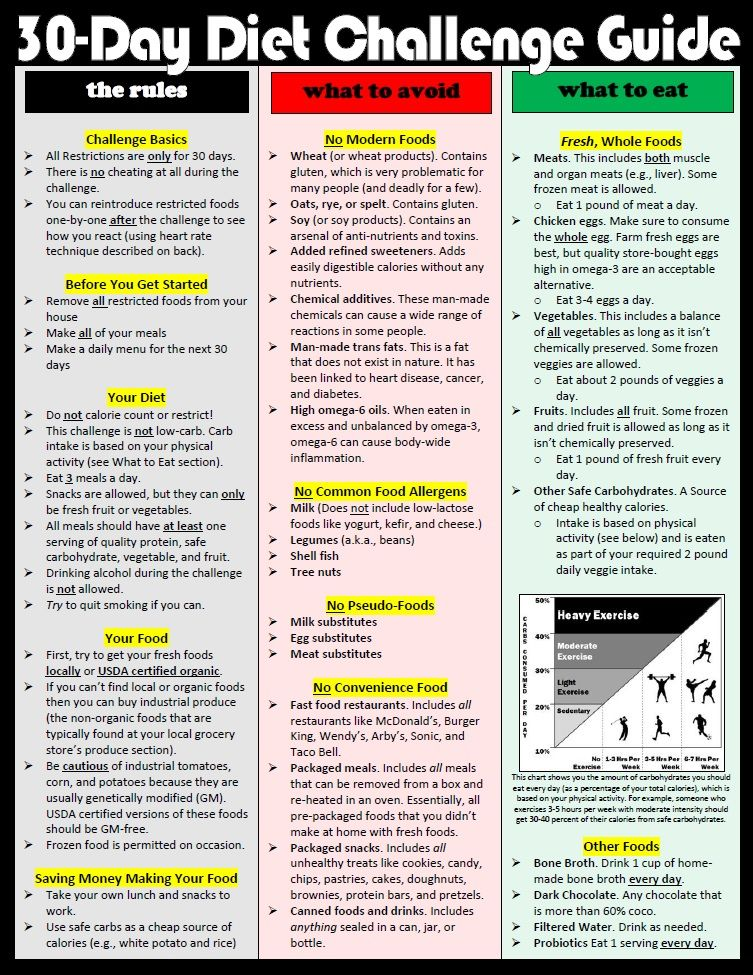 The main products are, of course, milk and sourdough. You can buy milk at any store, and buy sourdough at a pharmacy.
The main products are, of course, milk and sourdough. You can buy milk at any store, and buy sourdough at a pharmacy.
For children, milk should be taken with a fat content of about 3.5%, posterized or baked. Boil milk on the stove in a special bowl, cool to 40 degrees and pour into a jar. Next, add the starter to this jar of milk and close the lid tightly.
Wrap the jar in a towel and put it in a warm place overnight. Then put the jar in the refrigerator for a couple of hours to cool. That's all, tasty and healthy kefir is ready! Enjoy your meal.
Video of recipes and experience of making kefir
How to store?
As you already know, kefir must be stored in the refrigerator. In no case should this drink be overheated, otherwise it will no longer be suitable for consumption. Storage temperature from -2 degrees to +3. See the date of manufacture and expiration date on the packaging.
Storage temperature from -2 degrees to +3. See the date of manufacture and expiration date on the packaging.
What is the difference between a child and an adult?
Unlike an adult, a baby's body is not yet fully developed, so it is more difficult for him to digest fatty foods. Children's kefirs are always made with lower fat content and from premium products.
Also, some manufacturers add useful vitamins and minerals to children's kefir. In addition, all children's products undergo the strictest quality control, and in stores their shelf life is monitored much more carefully than other products.
Adult and children's kefir are very similar in composition. Their main differences are as follows:
- As a rule, in addition to milk and sourdough, an alcohol product is also added to adult kefir.
- The level of acidity in children's kefir is much lower than in an adult, because it is easiest for a child's body to digest such a product
- duct.
